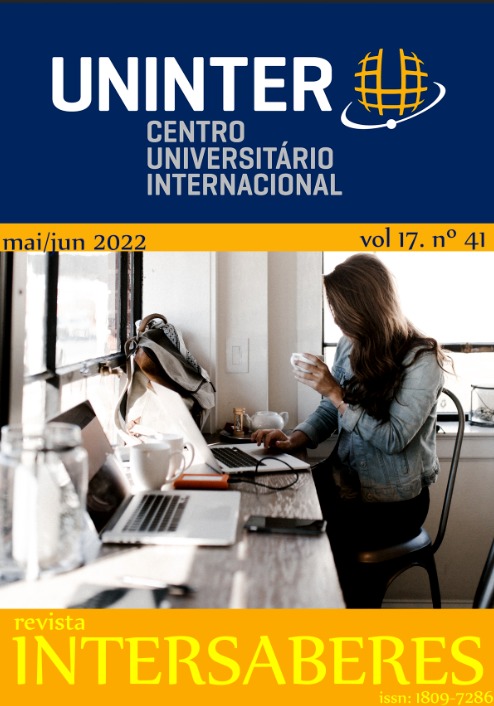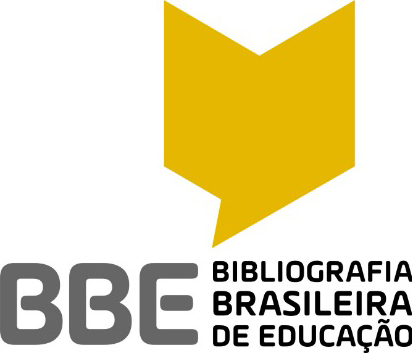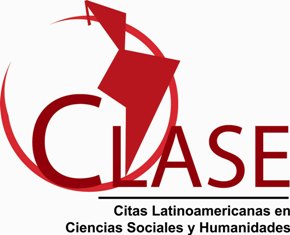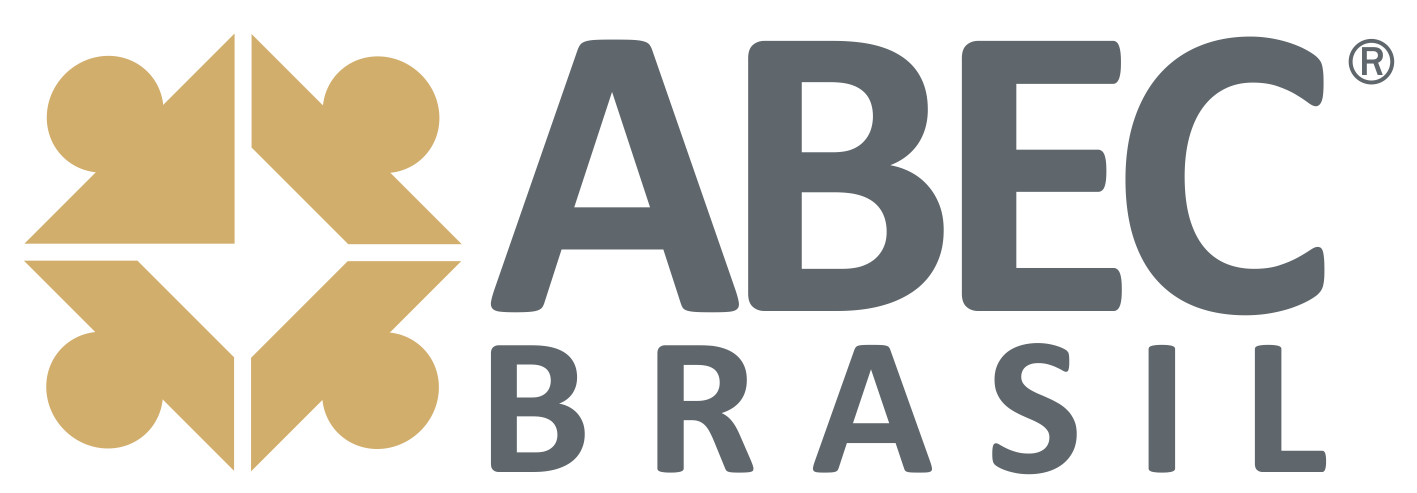Entrevista com a professora Débora Garofalo
DOI:
https://doi.org/10.22169/revint.v17i41.2408Keywords:
Educação Pública; Robótica; STEAM; Metodologias ativas; TecnologiasAbstract
Teacher Débora Garofalo has initial training in Letters and Pedagogy, is a specialist in Portuguese from UNICAMP and has a Master's in Education from PUC-SP. She has worked for 17 years in the São Paulo Public Network and is also a speaker, consultant, author and guest university professor at USP MBA Esalq/Pecege. In basic education in São Paulo, he idealized the work of Robotics with Scrap Metal that became known nationally and internationally and today is a public policy of the State of São Paulo. For her work in public education, she received several important awards, including: 1st Place in the V Human Rights Award by the Municipal Department of São Paulo 2017, Winner in the Special Thematic Brazilian Teachers Award 2018, Winner of the Creative Learning Brazil at MIT 2019, the UN peacemakers medal, and recently, received the highest honor of the State of São Paulo with the MMDC Caetano de Campos Medal, 2022. In 2019, she was the first Brazilian woman and the first South American woman to reach the top 10 of the Global Teacher Prize, Nobel of Education, being considered one of the 10 best teachers in the world (GAROFALO, 2022). The objective of the interview is to know the trajectory of Professor Débora, her vision regarding the educational work with the support of technologies and active methodologies in the public education network, especially her work with robotics and STEAM, in addition to discussing about the main challenges for women working in Science and Technology today.
Downloads
Downloads
Published
How to Cite
Issue
Section
License
Copyright (c) 2022 REVISTA INTERSABERES

This work is licensed under a Creative Commons Attribution-NonCommercial-NoDerivatives 4.0 International License.
Os direitos autorais dos artigos publicados na Revista são de acordo com a licença CC-BY-ND - Creative Commons ( https://creativecommons.org/licenses/by-nd/4.0/legalcode)
Esta licença permite que outras pessoas reutilizem o trabalho para qualquer finalidade, inclusive comercialmente; no entanto, não pode ser compartilhado com outras pessoas de forma adaptada e o crédito deve ser fornecido ao autor.
Os direitos autorais dos artigos publicados na Revista são do autor, com os direitos de primeira publicação para a Revista





























